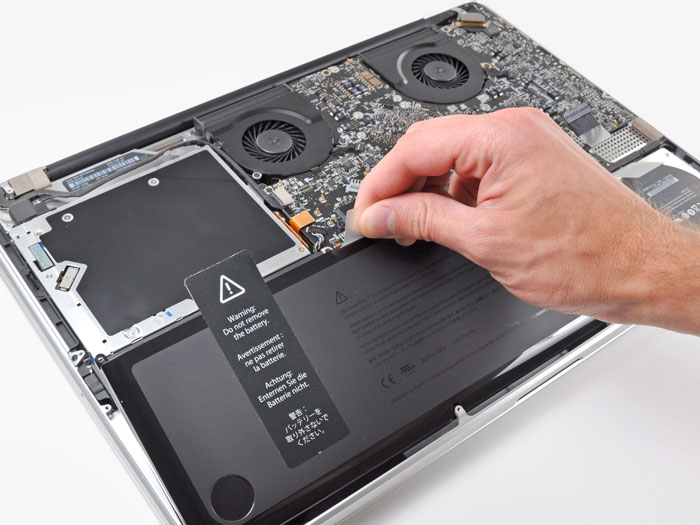Apple's future MacBooks batteries could last for weeks on end
According to this year’s patent acquisition by Apple, the company seems to display a glaring interest for hydrogen fuel cell technology. The first glimpse we had about Apple looking into using hydrogen to power portable devices, came to us early this year, in March, as we discovered an Apple patent titled “
Fuel Cell System to Power a Portable Computing Device”, filed on March 17th.
The invention describes different methods of powering both iOS devices and potentially MacBook laptops, using alternative energy sources, which include hydrogen and methanol-based processes.

While most of the patents filed by Apple are of very little indication in regard to commercial products in the works, news of energy firm Intelligent Energy, has made the rounds last month, as they successfully built a prototype capable of powering an iPhone 6 for a while week, using hydrogen, which could prompt Apple to begin work on its own design.
Breaking the 10 hour barrier
Existing Lithium-Ion batteries have a maximum daily life of ten hours, on the latest, most energy efficient laptops, like the 12 inch MacBook Retina. The next generation of MacBooks, likely to be powered by Intel’s upcoming Skylake processor, could last as long as 15 hours. The week-long trial performed on the iPhone 6 by Intelligent Energy, has proven successful to a point that suggests a similar design could be applied to MacBook devices as well.
By this token, MacBooks would be a lot less problematic to recharge than hydrogen-powered motor vehicles. Commercially, a technology like the one pioneered by the British energy firm who has built the iPhone 6-based prototype, could potentially create a brand new industry, spanning from rechargeable cartridges, to charging booths, and beyond.
With that in mind, the potential dilemma is whether consumers are willing to radically change the way they power their devices, even if it means to have to recharge them less often.
The iPad Pro and MacBook could lead the way
The iPad Pro is undeniably a sizable device, and one that would make the perfect test subject for a hydrogen-powered fuel cell-based charging mechanism. Also, the iPad Pro is a device most definitely aimed at enterprise customers, who may be willing to consider more advanced and cost efficient technologies, over convenience and other factors typical of home consumers.
Much like the iPad Pro, the MacBook is a device that, while has none of the portability perks of an iPhone, the sheer size plays all the way in favor of a hydrogen powered charging method, for one simple reason: hydrogen fuel cells need access to the same ventilation requirements as any other laptop on the market, but for different reasons.
Larger devices, like the MacBook Pro, generate a lot of heat, which requires vents and fans with access to the outside. Hydrogen fuel cell generate steam as a result of the chemical reaction needed to power the laptop’s battery, which still needs an outlet, to prevent the steam from building up inside the device.
While this would be a problem with smaller devices like the iPhone or the iPad Mini, due to the fact that ventilation ports would be likely obstructed when the devices are stored in pockets, larger devices like MacBooks and the iPad Pro, would be far more ideal, as they would only need an outlet when in use, and even when stored, custom laptop cases and other storage accessories could be designed in such way as to ensure that ventilation ports remain unobstructed in a number of creative ways, including bags or cases with built-in “exhaust pipes”, capable of redirecting steam in multiple directions, as long as at least one edge of the device faces an open area.
Promotional message:
Apple Overstock Sale at Portable One
Save up to $100 on the latest, brand new Apple products while supplies last.
Browse all our Apple products on sale and start saving today!